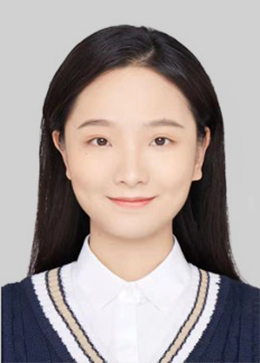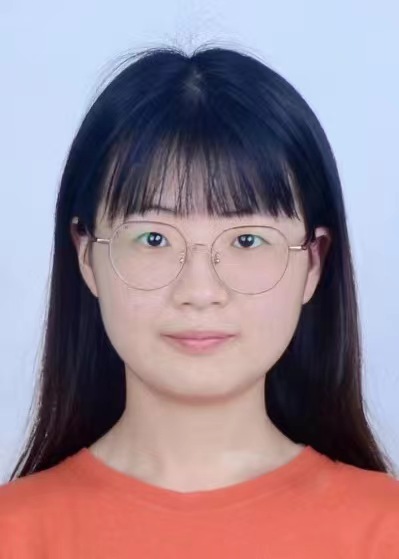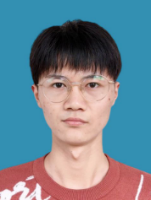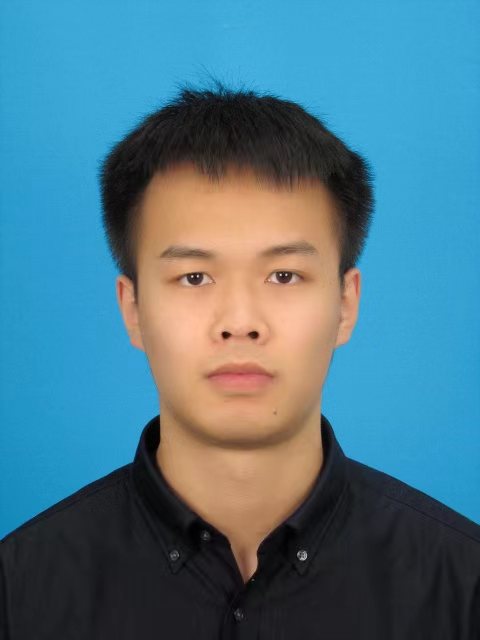Our interest is to find novel links between neurons and other types of tissues, mainly the neuron-glia interactions. Using Drosophila as our model system, we study how metabolism is coordinated in these cells, and their dysregulation in diseases. Our ongoing projects try to elucidate the roles of glia after neural injury. Besides the diminished intrinsic growth capacity of mature neurons, the CNS environment has been demonstrated as inhibitory to axon regrowth compared with the permissive peripheral nervous system (PNS). To understand the underlying mechanisms, previous studies have conventionally focused on the inhibitory milieu associated with the lesion site. It is principally constituted by the scar-forming reactive glial cells, leading to stalled axon regrowth. The idea is to gain insight into this inhibitory environment by studying the alteration of metabolic connections between glia and neurons after injury. Ultimately, the hope is to develop a Pro-Regenerative strategy for damaged nervous system based on the newly identified mechanism.

Email:21211520018@fudan.edu.cn
Research Direction:Neuronal metabolism

Email:23111520062@m.fudan.edu.cn
Research Direction:胶质细胞形态维持

Email:22111520051@fudan.edu.cn
Research Direction:Glia and Neural Repair

Email:23211520015@m.fudan.edu.cn
Research Direction:胶质细胞调控感觉机制

Email:22211520005@m.fudan.edu.cn
Research Direction:Glioma
Trombley S, Powell J, Guttipatti P, Matamoros A, Lin X, O'Harrow T, Steinschaden T, Miles L, Wang Q, Wang S, Qiu J, Li Q, Li F, Song Y. Glia instruct axon regeneration via a ternary modulation of neuronal calcium channels in Drosophila. Nature Communications. 2023 Oct 14;14(1):6490.

LI, F.#, LO, T. Y.#, MILES, L.#, WANG, Q.#, LI, D., NIU, J., GOLDSHTEYN, J. I., WANG, C., WANG, S., QIU, J., TROMBLEY, S., POGODA, K., BREWSTER, M., ROMPOLAS, P., HE, Y., JANMEY, P. A., THOMAS, G. M. & SONG, Y. 2021. The Atr-Chek1 pathway inhibits axon regeneration in response to Piezo-dependent mechanosensation. Nature Communications
LI, F., SAMI, A., NORISTANI, N. H., SLATTERY, K., QIU, J., GROVES, T., WANG, S., VEERASAMMY, K., CHEN, Y. X., MORALES, J., HAYNES, P., SEHGAL, A., HE, Y., LI, S. & SONG, Y. 2020. Glial Metabolic Rewiring Promotes Axon Regeneration and Functional Recovery in the Central Nervous System. Cell Metabolism, 32, 767-785. (Highlighted by Cell Metabolism- Preview)
RUPPELL, K. T.#, WANG, F.#, LI, F.#, SHANG, Y., GONG, J., GUTTIPATTI, P., SONG, Y. & XIANG, Y. 2019. Patterned Neuronal Activities Dictate Cell Type-specific Axon Regeneration. bioRxiv, 799635.
LI, D.#, LI, F.#, GUTTIPATTI, P. & SONG, Y. 2018. A Drosophila In Vivo Injury Model for Studying Neuroregeneration in the Peripheral and Central Nervous System. J Vis Exp
LI, F.#, HE, X.#, YE, D.#, LIN, Y., YU, H., YAO, C., HUANG, L., ZHANG, J., WANG, F., XU, S., WU, X., LIU, L., YANG, C., SHI, J., HE, X., LIU, J., QU, Y., GUO, F., ZHAO, J., XU, W. & ZHAO, S. 2015. NADP(+)-IDH Mutations Promote Hypersuccinylation that Impairs Mitochondria Respiration and Induces Apoptosis Resistance. Molecular Cell, 60, 661-75. (Recommended by Faculty of 1000; Highlighted by Cancer Discovery)
LI, F., XU, W. & ZHAO, S. 2013. Regulatory roles of metabolites in cell signaling networks. J Genet Genomics, 40, 367-74. (review)
LI, F., XU, W. & ZHAO, S. 2013. Regulatory roles of metabolites in cell signaling networks. J Genet Genomics, 40, 367-74. (review)
LI, F.*, HE, X.*, YE, D.*, LIN, Y., YU, H., YAO, C., HUANG, L., ZHANG, J., WANG, F., XU, S., WU, X., LIU, L., YANG, C., SHI, J., HE, X., LIU, J., QU, Y., GUO, F., ZHAO, J., XU, W. & ZHAO, S. 2015. NADP(+)-IDH Mutations Promote Hypersuccinylation that Impairs Mitochondria Respiration and Induces Apoptosis Resistance. Molecular Cell, 60, 661-75. (Recommended by Faculty of 1000; Highlighted by Cancer Discovery)
LI, D.*, LI, F.*, GUTTIPATTI, P. & SONG, Y. 2018. A Drosophila In Vivo Injury Model for Studying Neuroregeneration in the Peripheral and Central Nervous System. J Vis Exp
RUPPELL, K. T.*, WANG, F.*, LI, F.*, SHANG, Y., GONG, J., GUTTIPATTI, P., SONG, Y. & XIANG, Y. 2019. Patterned Neuronal Activities Dictate Cell Type-specific Axon Regeneration. bioRxiv, 799635.
LI, F., SAMI, A., NORISTANI, N. H., SLATTERY, K., QIU, J., GROVES, T., WANG, S., VEERASAMMY, K., CHEN, Y. X., MORALES, J., HAYNES, P., SEHGAL, A., HE, Y., LI, S. & SONG, Y. 2020. Glial Metabolic Rewiring Promotes Axon Regeneration and Functional Recovery in the Central Nervous System. Cell Metabolism, 32, 767-785. (Highlighted by Cell Metabolism- Preview)
LI, F.*, LO, T. Y.*, MILES, L.*, WANG, Q.*, LI, D., NIU, J., GOLDSHTEYN, J. I., WANG, C., WANG, S., QIU, J., TROMBLEY, S., POGODA, K., BREWSTER, M., ROMPOLAS, P., HE, Y., JANMEY, P. A., THOMAS, G. M. & SONG, Y. 2021. The Atr-Chek1 pathway inhibits axon regeneration in response to Piezo-dependent mechanosensation. Nature Communications
 Address: Floor 2, Building B, Medical Research Building, 131 Dong'an Road, Xuhui District, Shanghai
Address: Floor 2, Building B, Medical Research Building, 131 Dong'an Road, Xuhui District, Shanghai
 Postcode: 200032
Postcode: 200032
 Email: feng@fudan.edu.cn
Email: feng@fudan.edu.cn